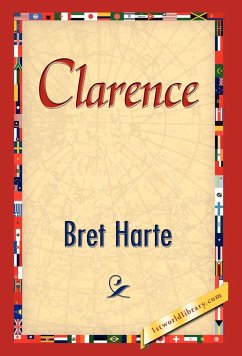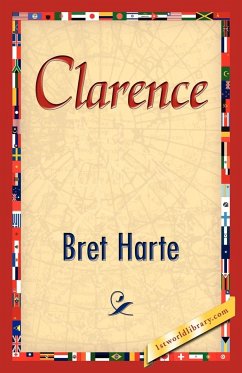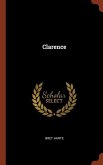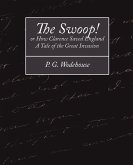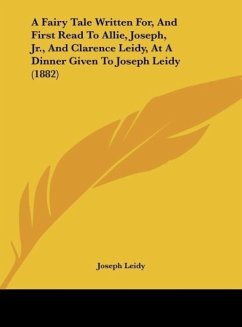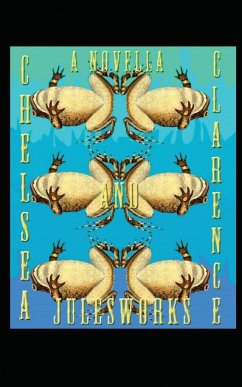As Clarence Brant, President of the Robles Land Company, and husband of the rich widow of John Peyton, of the Robles Ranche, mingled with the outgoing audience of the Cosmopolitan Theatre, at San Francisco, he elicited the usual smiling nods and recognition due to his good looks and good fortune. But as he hurriedly slipped through the still lingering winter's rain into the smart coupe that was awaiting him, and gave the order "Home," the word struck him with a peculiarly ironical significance. His home was a handsome one, and lacked nothing in appointment and comfort, but he had gone to the theatre to evade its hollow loneliness. Nor was it because his wife was not there, for he had a miserable consciousness that her temporary absence had nothing to do with his homelessness. The distraction of the theatre over, that dull, vague, but aching sense of loneliness which was daily growing upon him returned with greater vigor.
Hinweis: Dieser Artikel kann nur an eine deutsche Lieferadresse ausgeliefert werden.
Hinweis: Dieser Artikel kann nur an eine deutsche Lieferadresse ausgeliefert werden.

